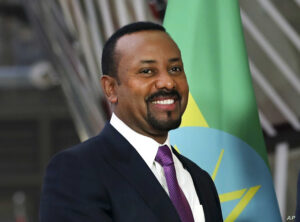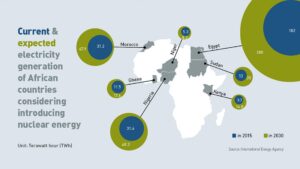The foreign exchange used for the importation of food products into Nigeria more than doubled in the fourth quarter of last year as against the previous quarter, during which Buhari directed the CBN to stop issuing forex for food and fertiliser imports.

The forex used for food products imports, however, rose from $121.13m in September to $198.43m in October, $204.76m in November and $305.88m in December, according to the CBN data on sectoral utilisation for transactions valid for forex.
The amount of forex used for the importation of food production into the country surged by 118.60 per cent to $709.07m in Q4 2020 from $324.37m in Q3.
Forex supply for food imports rose from $163.60m in January to $197.73m in February but declined to $171.05m in March.The CBN’s breakdown of sectoral utilisation of forex showed that food imports accounted for about 11.68 per cent of the $4.99bn utilised for imports in the country in Q1 2021.Amid the economic fallout of the COVID-19 pandemic, forex supply for food imports fell by 9.22 per cent last year to $1.87bn from $2.06bn in 2019, accounting for about 6.57 per cent of the $28.46bn utilised for imports.The COVID-19-induced slump in crude oil prices in 2020 hammered government finances and the naira, causing dollar shortages, with the external reserves falling to as low as $33.43bn on April 29, 2020.The naira was devalued by the CBN to 360 per dollar in March 2020 from 306/$1 and to 379/$1 in August.
The country’s external reserves have been fluctuating in recent months, rising from a low of $34.42bn on March 18 to $35.25bn on April 16 but dropped to $34.09bn on May 11.
While the central bank is intervening significantly in the agricultural sector, the rising insecurity in some food-producing areas, is limiting the expected outcomes in terms of supply to the market, thus contributing to the rise in food prices.
Noskito! The most effective chemical-free Mosquito repellent
The naira has progressively depreciated by 0.3 per cent to N411.67/$1 and by 0.2 per cent to N484/$1 at the Investors’ & Exporters’ window and parallel market, respectively.





